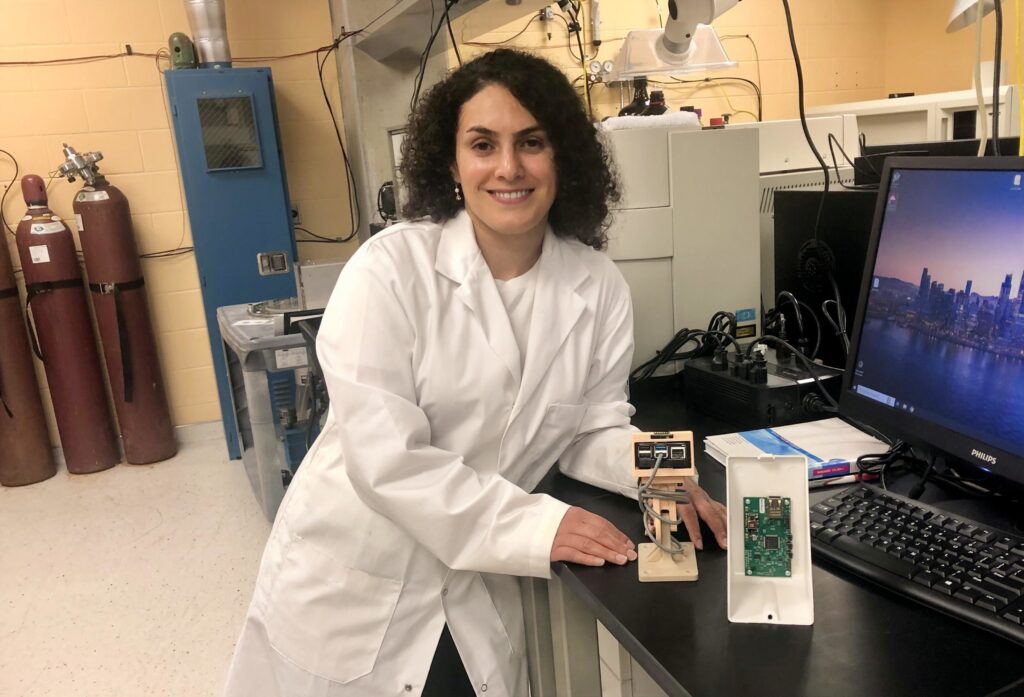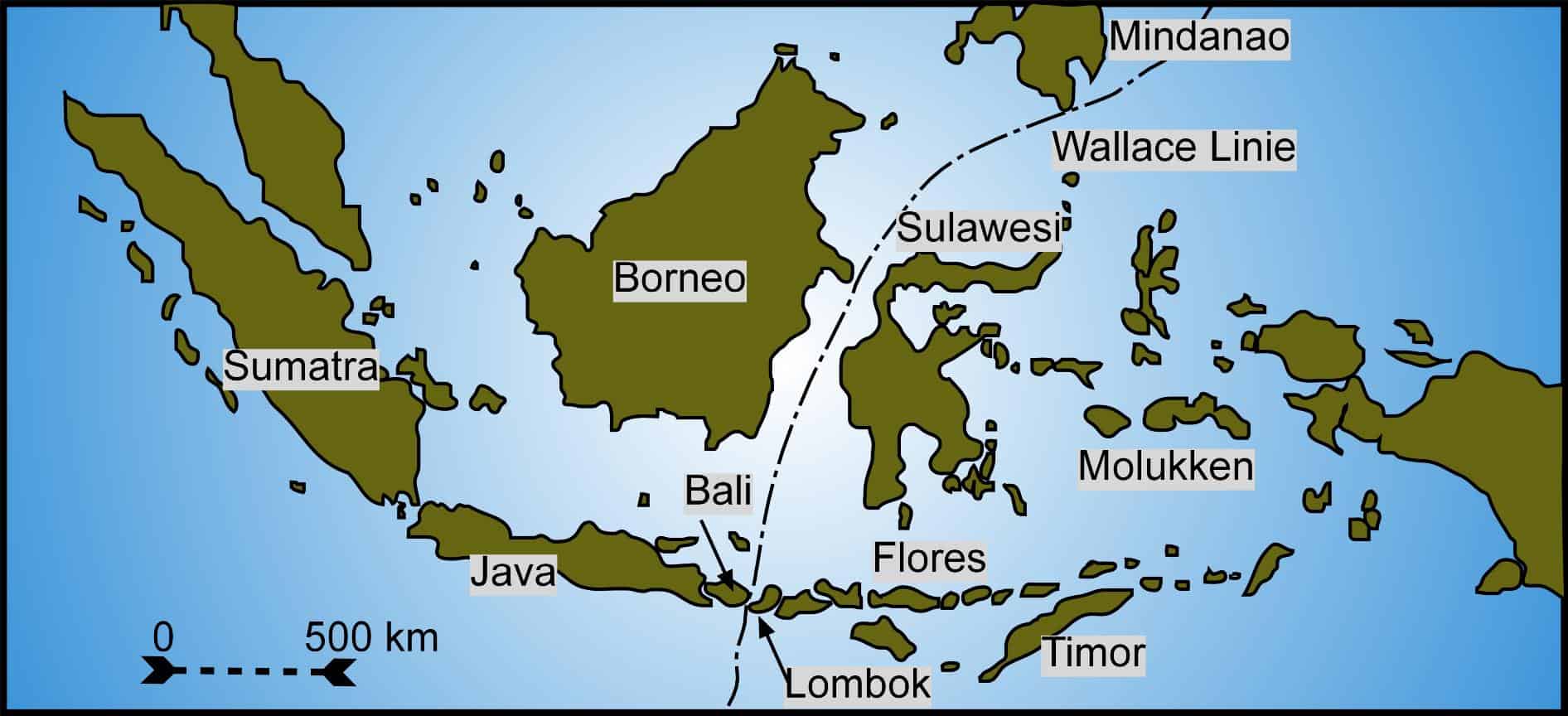
Engineering and health researchers at the University of Waterloo have unveiled a groundbreaking radar and artificial intelligence (AI) system designed to monitor individuals in bustling hospitals and long-term care facilities. This innovative technology aims to identify potential health issues by tracking the walking speed of multiple people simultaneously.
The system, compactly housed in a wall-mounted device about the size of a deck of cards, leverages AI software combined with radar hardware to precisely measure how quickly each person is moving. “Walking speed is often called a functional vital sign because even subtle declines can be an early warning of health problems,” explained Dr. Hajar Abedi, a former postdoctoral researcher in electrical and computer engineering at Waterloo.
Revolutionizing Vital Sign Monitoring
Dr. Abedi elaborated on the potential of this system, stating, “We see our system as a new kind of vital sign monitor, one that can silently watch for gradual mobility decline the way a thermometer watches for fever.” The device operates by emitting low-power radio waves that reflect off individuals and return to a sensor, which then converts these signals into heatmaps illustrating movement.
Advanced AI algorithms further process these heatmaps by distinguishing individual “blobs” from extraneous signals, tracking each person’s trajectory over time to calculate their walking speed. This capability was put to the test with older adults subjected to 14 days of strict bedrest, simulating physical decline akin to serious illness or extended space flight, as part of a study with the Canadian Space Agency.
“By capturing their recovery with our new radar-AI system, we demonstrated how this technology can detect even subtle changes in walking speed, a powerful early marker of frailty and functional decline,” said Dr. Abedi.
Building on Past Innovations
The ability to monitor walking speed builds on previous research efforts by the Waterloo team to detect falls using radar technology. This method operates effectively in any lighting conditions, maintains privacy, and does not require individuals to wear any devices.
Dr. Abedi, now the chief scientist at GoldSentinel, has commercialized this technology into a platform named ElephasCare, intended for use in hospitals and long-term care facilities. “Our vision is to build an invisible safety net through a radar-AI system that quietly monitors over residents day and night,” she stated, emphasizing its potential to track a wide range of mobility and behavioral changes, providing early alerts to caregivers.
Collaborative Efforts and Future Implications
The research team at Waterloo includes prominent figures such as Dr. George Shaker, a professor of electrical and computer engineering, Dr. Richard Hughson, a professor emeritus of kinesiology and health sciences, Dr. Plinio Morita, a professor of public health sciences, and Drs. Jennifer Boger and Alexander Wong, both professors of systems design engineering. Their collective work has been published in a paper titled Non-contact, non-visual, multi-person hallway gait monitoring in the journal Scientific Reports.
This development follows the increasing integration of AI in healthcare, aiming to enhance patient monitoring and preventive care. The implications of such technology could be far-reaching, potentially transforming how health facilities manage patient care and preemptively address health issues.
Featured image: Dr. Hajar Abedi helped refine a prototype radar device developed at the University of Waterloo into a wall-mounted unit now in use to monitor residents of hospitals and long-term care facilities for early signs of health problems. (University of Waterloo)
As the healthcare industry continues to embrace technological advancements, the University of Waterloo’s radar-AI system represents a significant step forward in proactive health monitoring. The ongoing research and development in this field promise to deliver even more sophisticated tools to ensure the well-being of individuals in care facilities worldwide.





